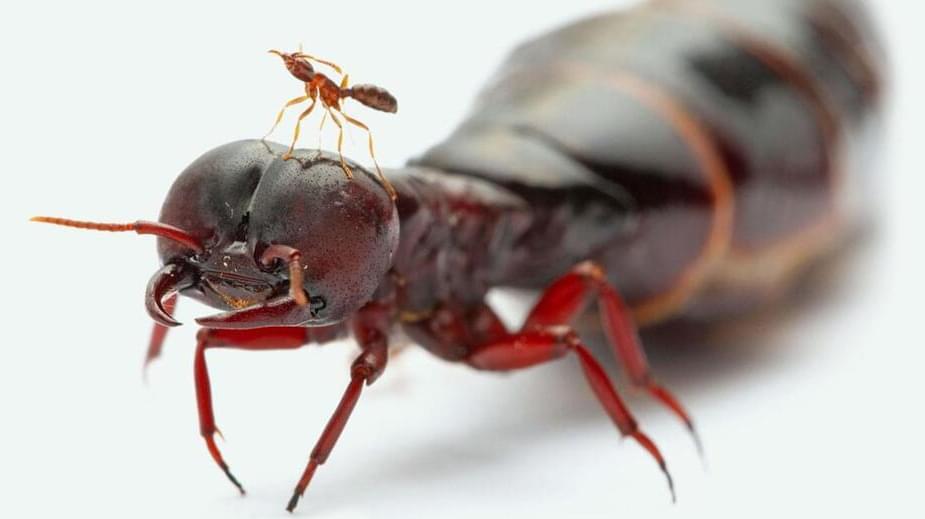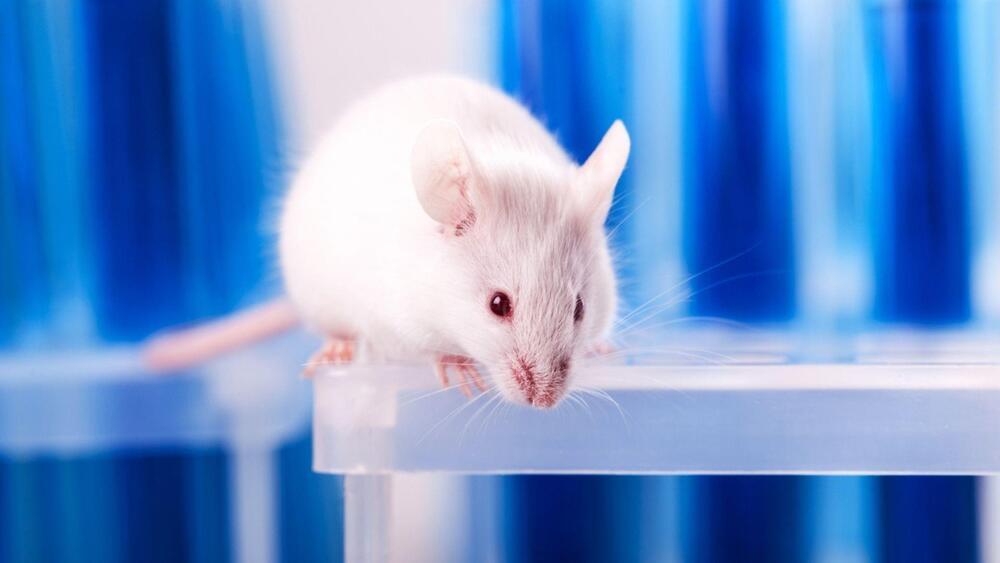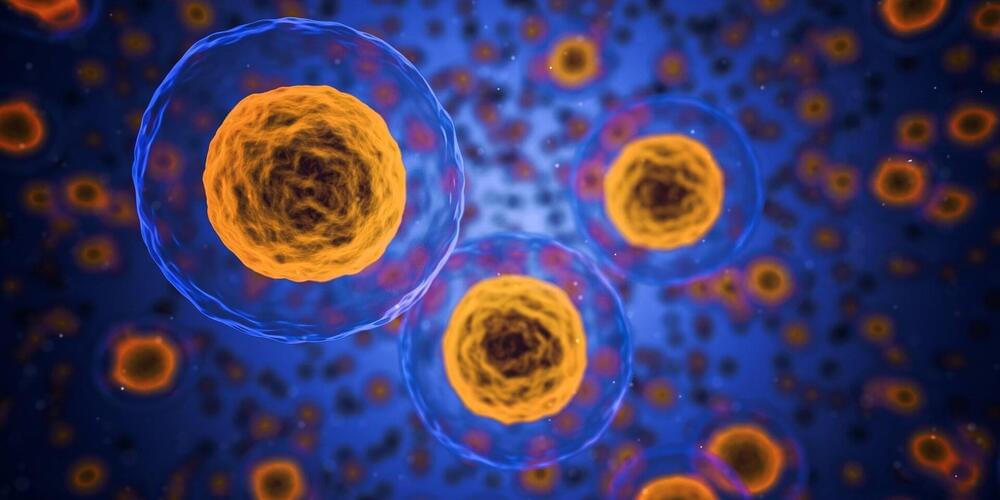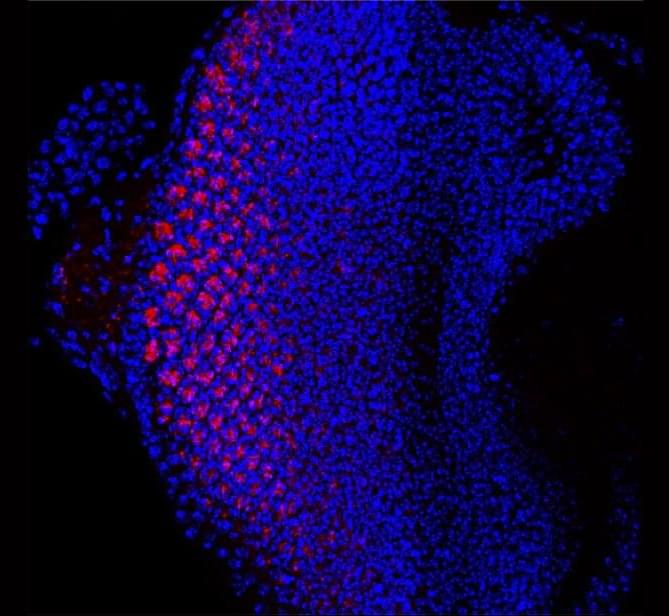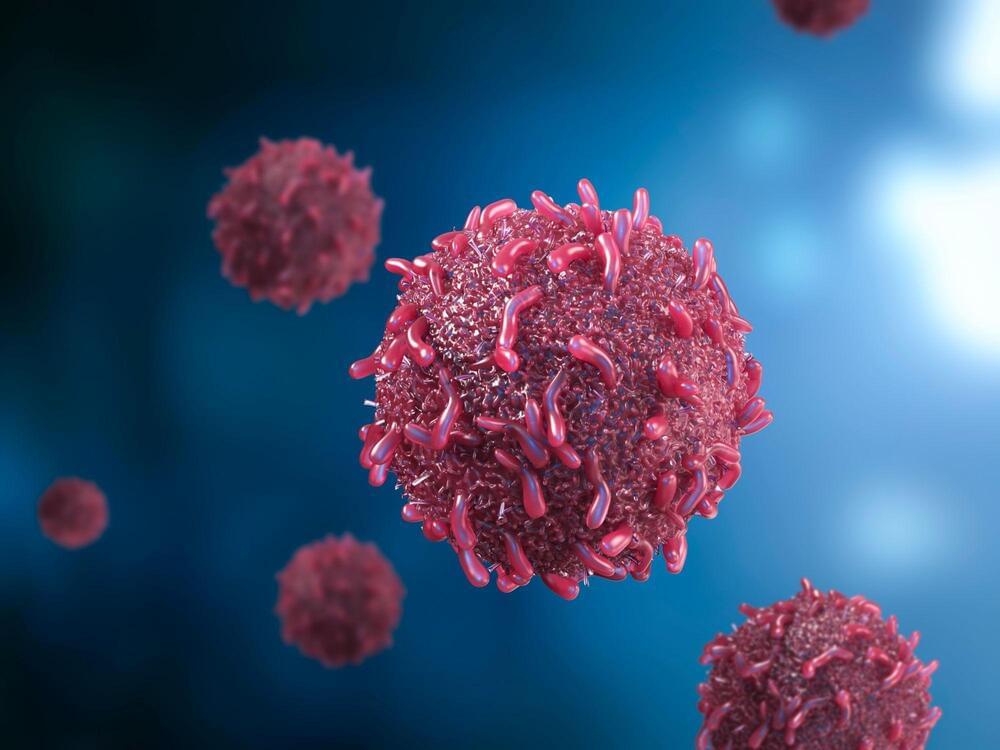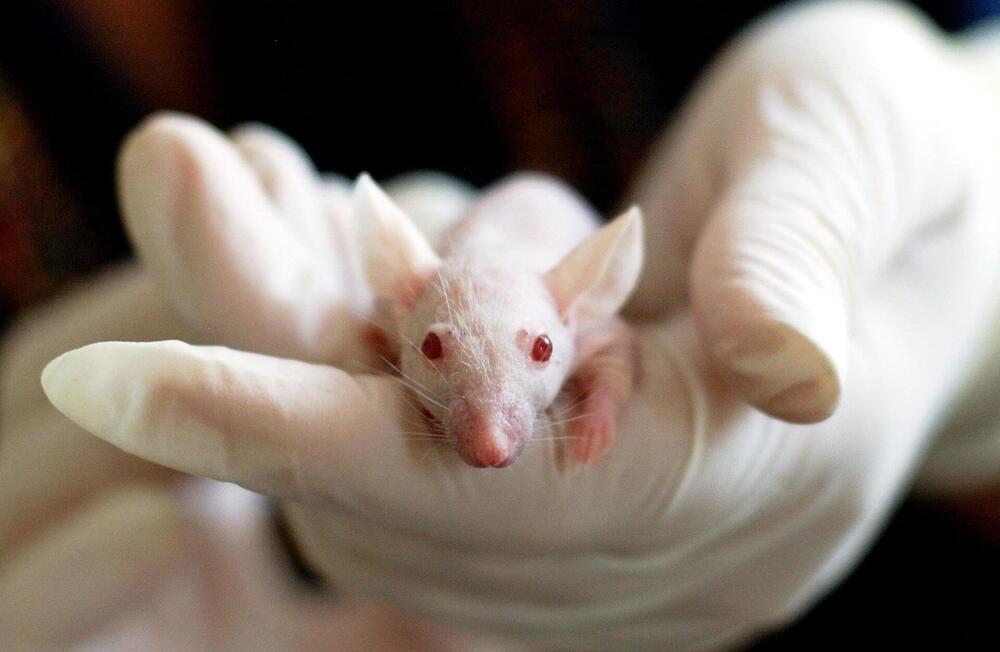
A team of researchers affiliated with multiple institutions in Canada has found that obesity in young mice can lead to inflammatory disease later in life even if the mouse is no longer overweight. In their paper published in the journal Science, the group describes studying early life obesity in test mice and the development of age-related macular degeneration. Kevin Mangum and Katherine Gallagher with the University of Michigan have published a Perspectives piece in the same journal issue outlining the research.
Age-related macular degeneration (AMD) in older people can lead to permanent blindness. Prior research has shown obesity plays a major role in its development. Other research has also shown that AMD is a neuroinflammatory condition. It is believed that the inflammation in the eyes is related to obesity, but the exact connection has not been identified. In this new effort, the researchers sought to find the connection by studying obesity and macular degeneration in mice.
The work involved feeding test mice a high-fat diet and studying the impact on adipose tissue macrophages (types of white blood cells that are part of the immune system). They found that obesity in mice led to epigenetic changes in the macrophages that resulted in an increase in expression of genes that incite an inflammatory response. They also found that the increased expression continued even after the test mice were put on a reduced diet that allowed them to return to their normal weight.

